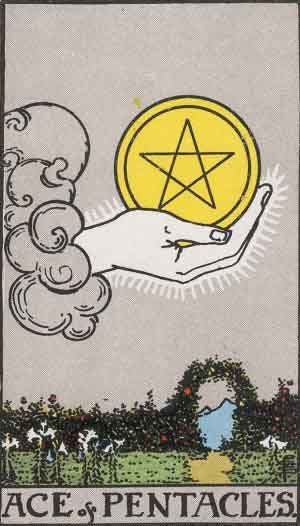the compost heap

I know hardly anything about gardening, though for two years I have processed compost at the local elementary school (from which my younger child graduates next week). Two or three times during the weeks I volunteer, I turn the pile as best I can, chop up the newest scraps, and dump them onto the pile along with wood chips or dry leaves. The pile is both rotten and teeming with life: insects, worms, fungi, and microbes devour the orange peels, avocado pits, corn cobs, egg shells, coffee grounds, and wilted lettuce that my neighbors have discarded. Gradually these remains become unidentifiable as whatever they once were. In the first stage of its transformation into humus, the pile emits astonishing heat, giving off steam in the winter months.
I have had gardening on the mind for an odd reason, which is that in the wake of finishing graduate school and then coping with the orange cloud that settled over the city for a few days last week, I indulged in reading a handful of romance novels, which struck me with how nakedly they expose the bourgeois nature of the novel as a form (e.g., very hot friends-with-benefits arrangements get domesticated as the marriage plot takes over; social problems get worked out through personal relationships and the attainment of professional goals), which then had me thinking of the conclusion of Candide: “Let us cultivate our garden.”
Written by Voltaire and first published in 1759, Candide is the picaresque tale of a naive young man who, after being evicted from the castle where he came of age, encounters all manner of hardships, including torture, war, illness, shipwreck, an earthquake, enslavement, and more. Through the story of the novella’s eponymous hero, Voltaire mocks the philosophy of Leibniz, represented by the character of Professor Pangloss, Candide’s teacher, who believes (as Leibniz argued) that however flawed it may appear to us mortals, this world is the best of all possible worlds. Given all the violence Candide witnesses or experiences, this view is absurd. Perhaps the violence done by nature is inevitable, but one does imagine that in the truly best of all possible worlds, people would live together with far less exploitation, abuse, and killing. In the end, the best world that Candide finds is a very small one: the farm that he cultivates with the companions he has gathered in his adventures.
Candide’s story suggests that the only solution to the problem of evil isn’t really a solution at all, but rather a way of making a good life for oneself and one’s society—those who live with Candide on his farm are called a petite societé and not, for example, a famille—in a world of evil. This little society may not be bourgeois, but it does represent a turning away from the larger world and toward domestic life.
I tend to the compost heap at the neighborhood school but otherwise cultivate only metaphorical gardens: my family, our home, my writing. These aren’t walled gardens, though. In my mind, my notebook, these posts, I keep turning over the question of how this work I do mostly at home can be a way not of turning away from the larger world but contributing to its care.

If I have gardening on the mind, of course I’m going to return to the Ace of Pentacles and its vision of the garden as providing a gateway to the spiritual world, as symbolized by the mountains in the distance. Through what towns and cities (and across what forests and seas) might that path from the garden pass on the way to those mountains?



